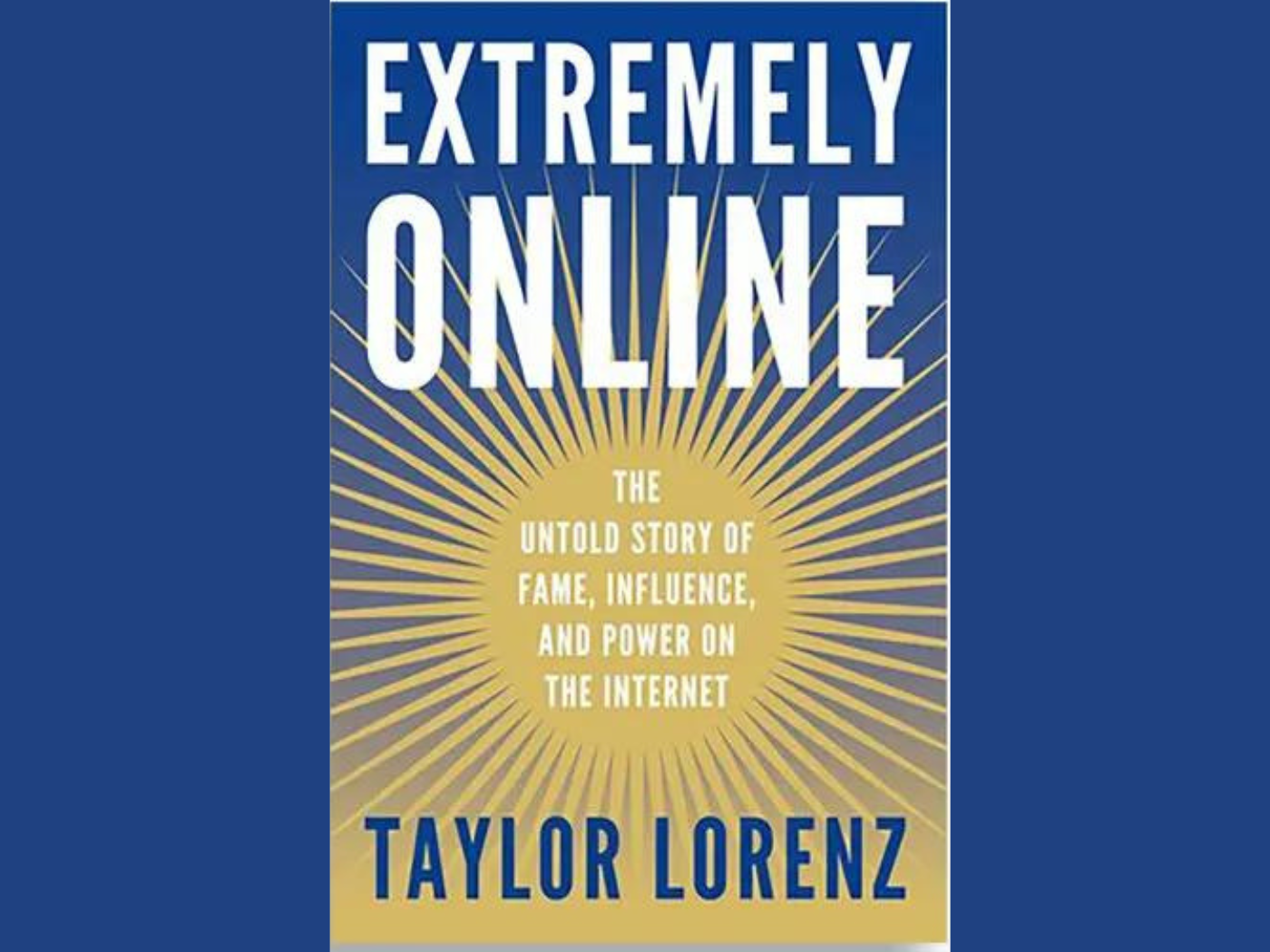In Extremely Online: The Untold Story of Fame, Influence, and Power on the Internet, Taylor Lorenz has crafted a meticulously researched account of the profound impact of social media on our lives. As scary as it is edifying, the book should be required reading for anyone in charge of shepherding a child—or a brand—through the world these days.
Lorenz, a technology reporter for The Washington Post whose uncanny ability to track viral social trends led to her being dubbed the “Bob Woodward of the TikTok generation” by Town & Country, has been reporting on the internet for over a decade. From the rise of the “mommy blogger” of the early 2000s, to the bored teen prank videos or makeup tutorials on YouTube and young Vine creators opting out of the traditional career pipeline, her book attempts to explain how social media has reconstructed our society’s oldest institutions of fame, media, power, and prestige.
A wildly popular and sometimes polarizing figure across the media landscape, Lorenz has been vilified by the rightwing media for (among other crimes) revealing the creator of “Libs of TikTok.” She has also been attacked by some OGs on the other side of the political spectrum for what some see as an overly optimistic take the cultural impact of social media and online virality (see today’s eviscerating story in the LA Times).
“The question I have for these people is: Have they actually read my book?” Lorenz tells CEW of the criticism. Most of my book is about online misogyny. I include story after story about women whose lives were destroyed and what they did to shape the internet at great cost to themselves,” she says. “I also talk a lot about breakdown and burnout.”
How you feel about Taylor Lorenz and, by extension, her new book, seems to have a lot to do with how you feel about the internet itself and the evolution of print to digital media. In her Substack last week, Amy Odell—who knows something of legacy print media herself—called the book a “delicious fast-paced read that explores why some platforms and influencers have thrived while others have faded and how fashion was in many ways at the forefront of harnessing online influence.”
“People who don’t spend time online, don’t know what’s going on online,” says Lorenz. “They think the internet is just prank videos and sponcon. But that is not the case. From the mommy blogggers to the earliest tumblr users, the people who really pioneered these platforms were women, a lot of LGBTQ people and people of color. Social platforms know that the most valuable demographic of users is teenage girls. But they’re given no respect, like women in general are given no respect on the internet. And I think it’s a devaluation of a half a trillion dollar industry. The content creator industry was built by and shaped by women. And that is what my book is about.”
The impact of the digital age on our culture and collective mental health is no doubt both terrifying and exciting to contemplate. But as Lorenz and countless others have pointed out, love it or hate, the internet is here to stay. And as the parent of two teenagers, I can say with confidence that you can ignore platforms like Tik Tok at your peril. Some old legacy right wing media pundits may scoff at Taylor Lorenz being called the “Bob Woodward of Tik Tok” but I think I can speak for many teenage parents when I say that my 15-year-old daughter is much more likely to get her news from Taylor Lorenz on TikTok than any boomer spewing vitriol on traditional news outlets.
Stay tuned for part two of our new franchise, Beyond the Book Launch, when veteran journalist Catherine Hong will sit down with Taylor Lorenz to discuss how beauty brands can best leverage this new social media landscape to authentically engage with their consumers and promote positive conversations around self esteem and mental health. Click her to buy the best-selling book.




